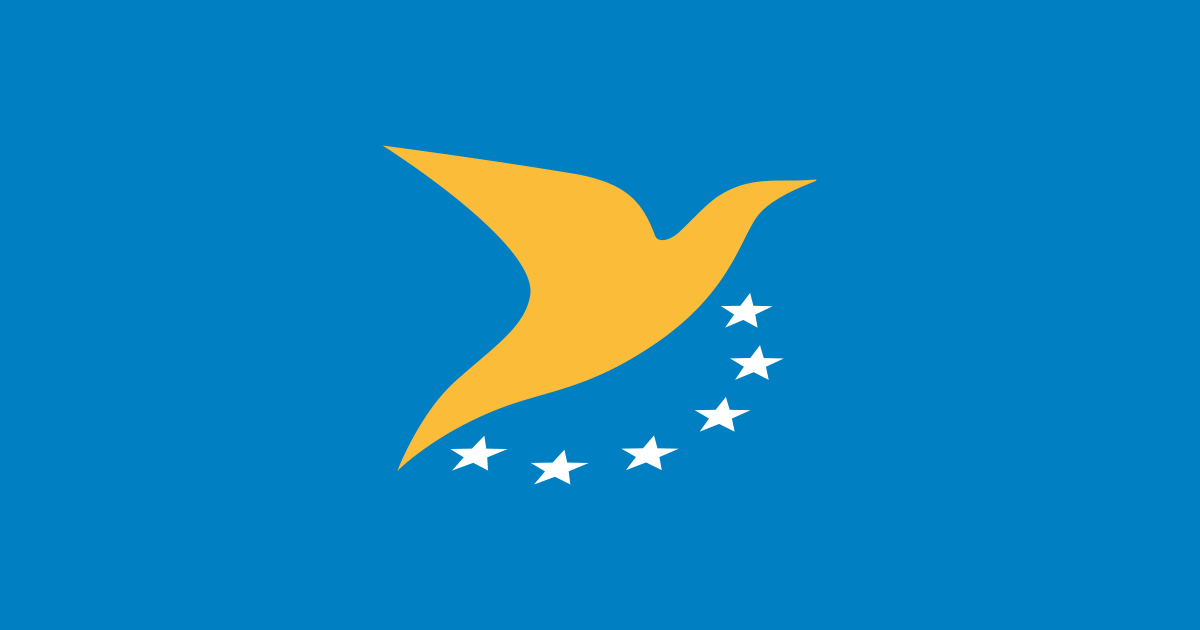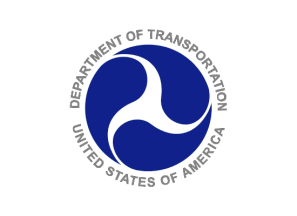In Zimbabwe we continue to witness gross abuses of political, economic, and human rights. The targeting of civil society and severe restrictions on political activity have stifled fundamental freedoms, while key actors, including government leaders, have siphoned off public resources for personal gains. These illicit activities support and contribute to a global criminal network of bribery, smuggling, and money laundering that impoverish communities in Zimbabwe, southern Africa, and other parts of the world.
In response to new and continuing corruption and serious human rights abuse, the United States is refocusing and elevating its efforts to hold accountable the individuals and entities that are responsible for this exploitation. Today, the United States is employing a new set of tools in Zimbabwe, including the flagship Global Magnitsky sanctions program, to make clear that the egregious behavior of some of the most powerful people and companies in Zimbabwe matches the actions of the worst human rights abusers and corrupt actors globally.
Specifically, the Department of the Treasury is designating three entities and eleven individuals, including President Emmerson Mnangagwa, Vice President Constantino Chiwenga, Brigadier General (Retired) Walter Tapfumaneyi, and businessman Kudakwashe Tagwirei, pursuant to Executive Order 13818, which builds upon and implements the Global Magnitsky Human Rights Accountability Act, for their involvement in corruption or serious human rights abuse. These designations build on recent U.S. Government actions, including pausing U.S. participation in the African Development Bank Dialogue and utilizing the Department of State’s new visa restriction policy for undermining democracy in Zimbabwe. These steps are concurrent with the termination of the preexisting Zimbabwe sanctions program that began in March 2003 and expanded on in subsequent orders. Actions to retire the previous sanctions program and designate key actors under the Global Magnitsky sanctions program are part of an ongoing effort to ensure we are promoting accountability for serious human rights abuse and corruption in a targeted and strategic manner.
Sanctions on these individuals and entities do not represent sanctions on Zimbabwe or its public. The Administration reaffirms its commitment to work with the people of Zimbabwe; will continue to robustly support civil society, human rights defenders, and independent media to promote values consistent with the Zimbabwe Democracy and Economic Recovery Act of 2001; and take additional measures to hold accountable those who deny Zimbabweans the democratic freedoms and good governance they deserve.
###
Official news published at https://www.whitehouse.gov/briefing-room/statements-releases/2024/03/04/statement-by-national-security-council-spokesperson-adrienne-watson-on-u-s-sanctions-on-zimbabwean-individuals-and-entities/
The post Statement by National Security Council Spokesperson Adrienne Watson on U.S. Sanctions on Zimbabwean Individuals and Entities first appeared on Social Gov.




More Stories
Remarks by Vice President Harris at a Political Event
Remarks by APNSA Jake Sullivan in Fireside Chat at the Aspen Security Forum
Statement by President Joe Biden on the Sentencing of Wrongfully Detained American Evan Gershkovich